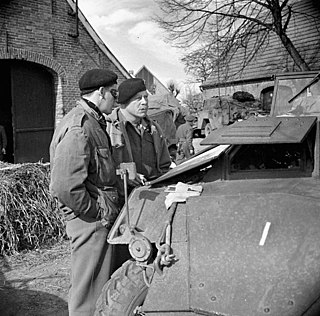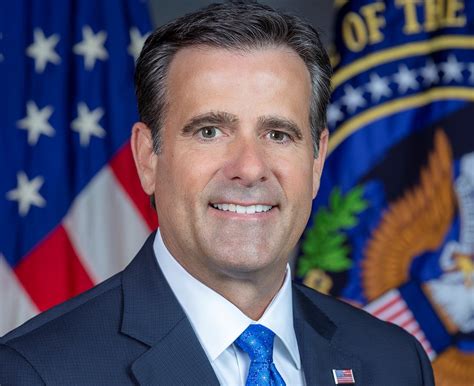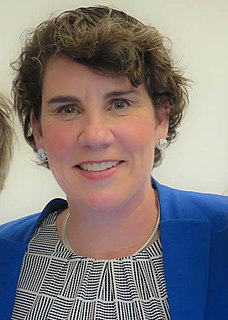A Quote by Charles Bukowski
my greatest problem was stamps, envelopes, paper and wine, with the world on the edge of World War II.
Related Quotes
It's important to remember that World War II was experienced very much as a continuity in that sense. Most of World War II in most of Europe wasn't a war; it was an occupation. The war was at the beginning and the end, except in Germany and the Soviet Union, and even there really only at the end. So the rest of time it's an occupation, which in some ways was experienced as an extension of the interwar period. World War II was simply an extreme form, in a whole new key, of the disruption of normal life that began in 1914.
However, there is a fundamental difference between the issue related to Japan's history and our negotiations with China. What is it all about? The Japanese issue resulted from World War II and is stipulated in the international instruments on the outcomes of World War II, while our discussions on border issues with our Chinese counterparts have nothing to do with World War II or any other military conflicts. This is the first, or rather, I should say, the second point.
I think in many ways, the Spanish Civil War was the first battle of World War II. After all, where else in the world at this point did you have Americans in uniform who were being bombed by Nazi planes four years before the U.S. entered World War II? Hitler and Mussolini jumped in on the side of Francisco Franco and his Spanish nationalists, sent them vast amounts of military aid, airplanes, tanks - and Mussolini sent 80,000 ground troops as well - because they wanted a sympathetic ally in power. So I think it really was the opening act of World War II.
World War II made war reputable because it was a just war. I wouldn't have missed it for anything. You know how many other just wars there have been? Not many. And the guys I served with became my brothers. If it weren't for World War II, I'd now be the garden editor of The Indianapolis Star. I wouldn't have moved away.
I actually thought that the idea of doing a World War II movie in the guise of a spaghetti western would just be an interesting way to tackle it. Just even the way that the spaghetti westerns tackled the history of the Old West, I thought it could be a neat thing to do that with World War II, but just as opposed to using cowboy iconography, using World War II iconography as kind of the jumping-off point.
We have to recognize that the reason that the global order that we've enjoyed and almost take for granted over the last several years exists is that after World War II, the United States and its allies tried to build an antidote to what they had seen between World War I and World War II. There, they'd seen protectionism, beggar-thy-neighbor trading policies, so they said, we'll build an open international economy. And they did that.







































